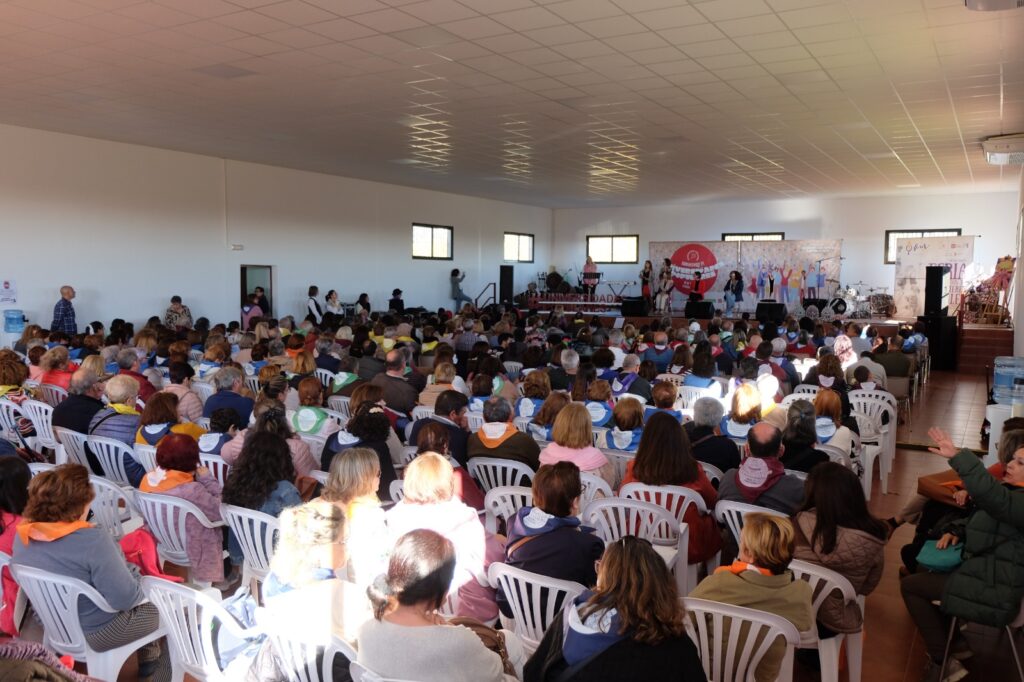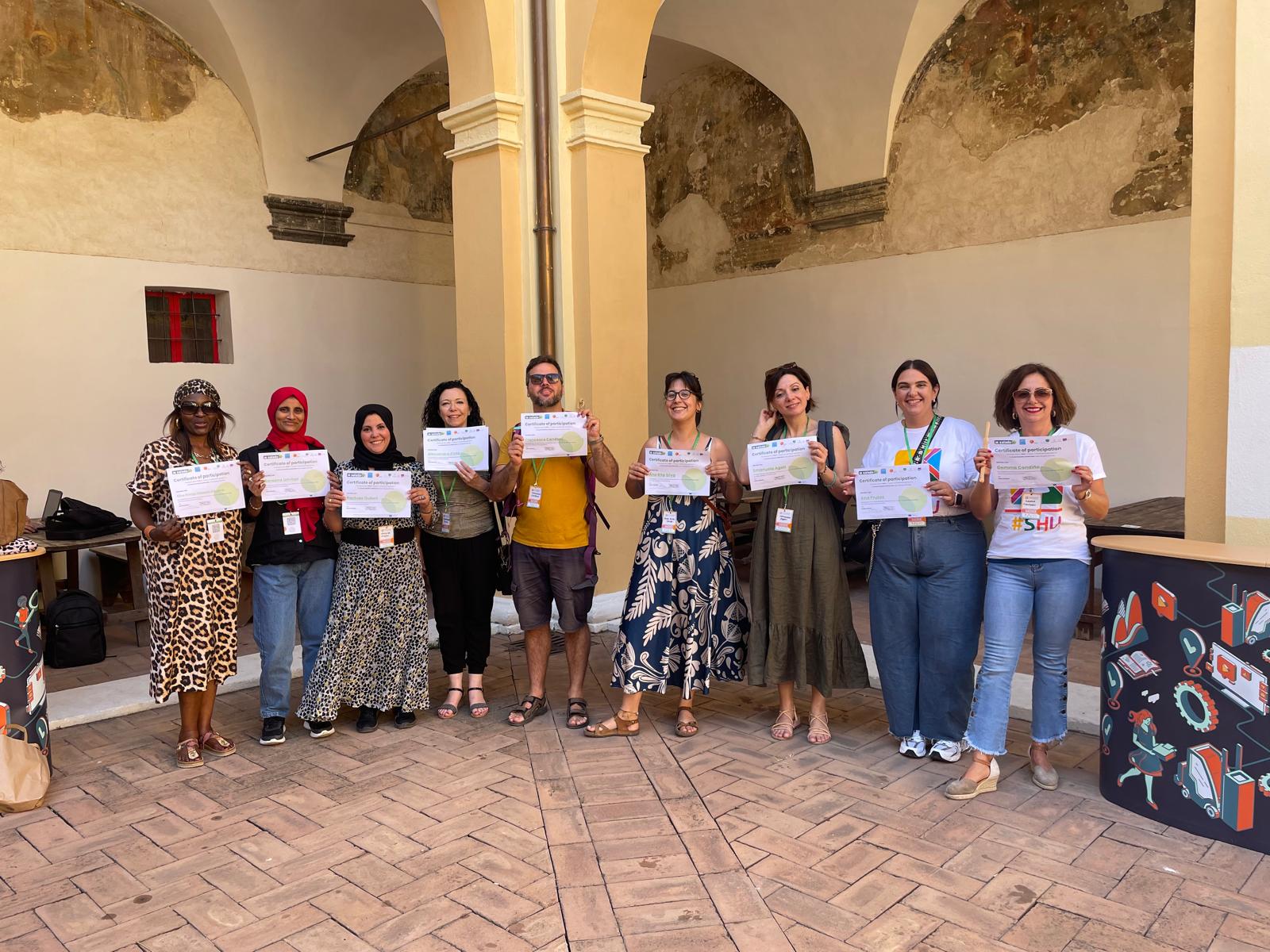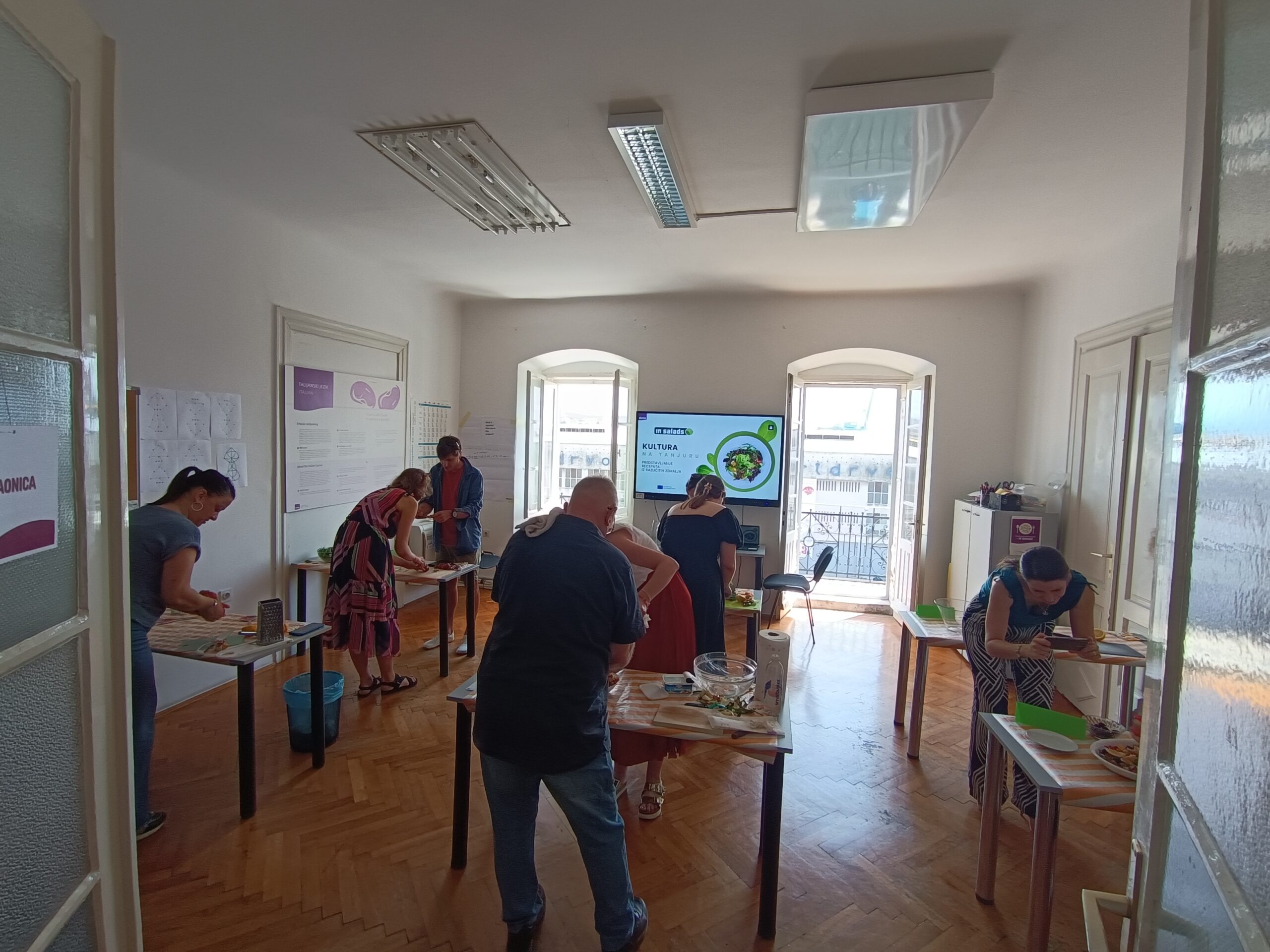Extremadura displays a vast and scattered geography, where rural landscapes and small towns set the tone. 89% of Extremadura’s territory is rural. In fact, 99% of Extremadura’s municipalities are located in this territory, with 67.4% of the population living there.
Historically, like many other regions in Spain, rural exodus and demographic concentration in urban centres have been phenomena that have shaped the region’s development. Rural enclaves, already small in themselves, have increasingly depopulated, a consequence of the attraction exerted by the job, educational, and social opportunities offered by urban environments.
In addition to this, like other regions, Extremadura and its population are being impacted by the changes brought about by digital transformation. Adapting to new ways of living, working, communicating, and interacting in digital environments is very necessary for those living in rural areas, as in an increasingly interconnected world, the ability to understand, adapt, and use technologies with a positive and proactive attitude becomes a matter of economic efficiency, but also of equity and access to opportunities.
That is why AUPEX, through its differentiated learning and education offerings in topics such as culture and heritage, the environment, employment, social participation, or technology and the improvement of digital skills, aims primarily to generate opportunities that improve the quality of life of the citizens of Extremadura.
Furthermore, this intervention in the territory also aims, through citizen participation, to preserve and enhance rural areas. A crucial mission to safeguard our heritage and ensure a prosperous future for all.
What is the real key? Working with citizens on the digital skills necessary to make the most of the opportunities offered by the digital world, and integrating that world into their daily lives. Education and lifelong learning pathways are the main tools for rural communities to become engines of growth and development.
Therefore, projects like “In-salads,” which integrate the use of technology with sustainability in the field of food and nutrition, will serve our region’s citizens to embrace their culinary and cultural traditions and share them with the world.




